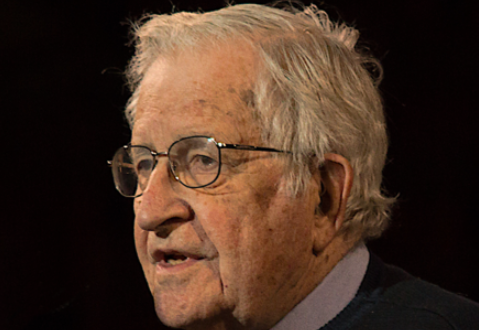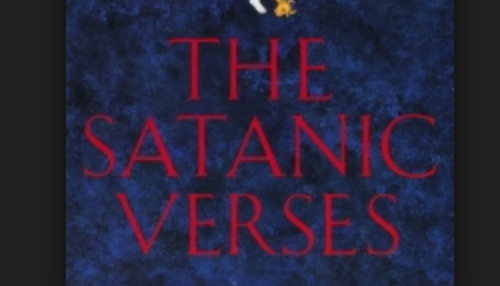So says The Economist:
AT FIRST glance, the resolution on “religious defamation” adopted by the UN’s Human Rights Council on March 26th, mainly at the behest of Islamic countries, reads like another piece of harmless verbiage churned out by a toothless international bureaucracy. What is wrong with saying, as the resolution does, that some Muslims faced prejudice in the aftermath of September 2001? But a closer look at the resolution’s language, and the context in which it was adopted (with an unholy trio of Pakistan, Belarus and Venezuela acting as sponsors), makes clear that bigger issues are at stake.
The resolution says “defamation of religions” is a “serious affront to human dignity” which can “restrict the freedom” of those who are defamed, and may also lead to the incitement of violence. But there is an insidious blurring of categories here, which becomes plain when you compare this resolution with the more rigorous language of the Universal Declaration of Human Rights, adopted in 1948 in a spirit of revulsion over the evils of fascism. This asserts the right of human beings in ways that are now entrenched in the theory and (most of the time) the practice of liberal democracy. It upholds the right of people to live in freedom from persecution and arbitrary arrest; to hold any faith or none; to change religion; and to enjoy freedom of expression, which by any fair definition includes freedom to agree or disagree with the tenets of any religion.
In other words, it protects individuals—not religions, or any other set of beliefs. And this is a vital distinction. For it is not possible systematically to protect religions or their followers from offence without infringing the right of individuals.
What exactly is it the drafters of the council resolution are trying to outlaw? To judge from what happens in the countries that lobbied for the vote—like Saudi Arabia, Egypt and Pakistan—they use the word “defamation” to mean something close to the crime of blasphemy, which is in turn defined as voicing dissent from the official reading of Islam. In many of the 56 member states of the Organisation of the Islamic Conference, which has led the drive to outlaw “defamation”, both non-Muslims and Muslims who voice dissent (even in technical matters of Koranic interpretation) are often victims of just the sort of persecution the 1948 declaration sought to outlaw. That is a real human-rights problem. And in the spirit of fairness, laws against blasphemy that remain on the statute books of some Western countries should also be struck off; only real, not imaginary, incitement of violence should be outlawed.
I wonder if the time will ever come, when the Ken Livingstoneish left will decide that Venezuela under Chavez is not a force for good.


